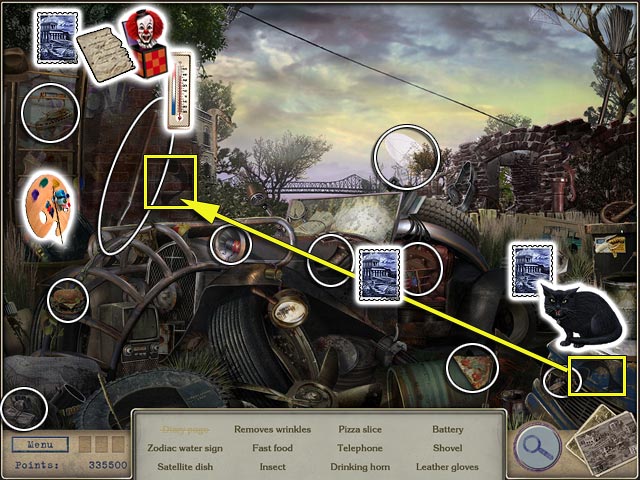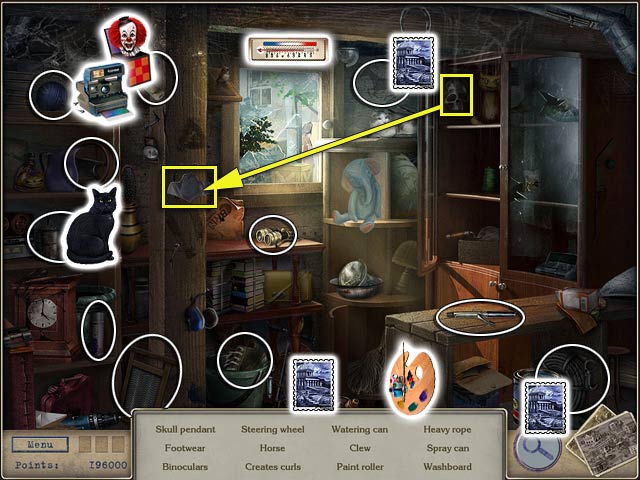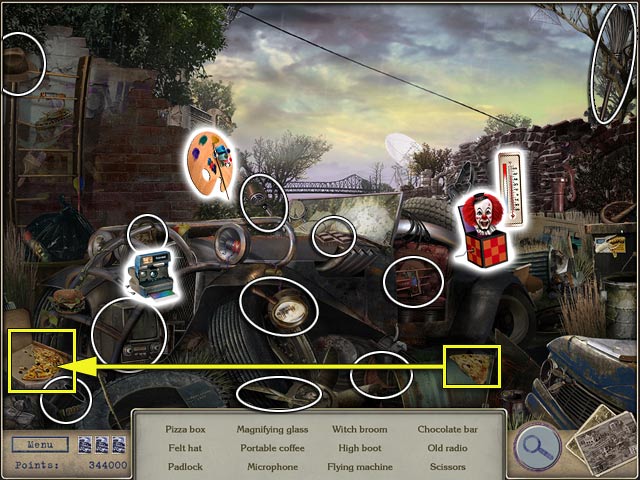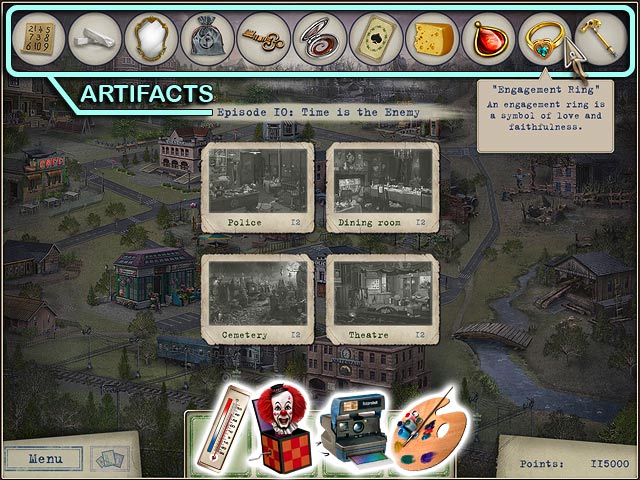
I also learned a lot about how higher education institutions function. I learned the value of having expectations, commitments and offers put down in writing. I learned not to take my rights for granted.

I learned to be wary of offers that seem too good to be true. Thus I had no other choice but to quit and to watch as the university swept my case under the carpet, documenting my withdrawal as the result of “personal and health issues”.Īlthough the experience has cost me a lot, it also taught me a considerable amount. However, my entire funding had already been transferred to my university, so there was little that it could do to help me.

My last throw of the dice was to contact my funding body. The alternative was to leave – without any form of diploma or certificate for my two years of work (which included the publication of a first-author paper). I had two weeks to decide if I wanted to continue with my PhD and “accept” things as they were. I was offered an additional female supervisor, but, while welcome, that would have done little to solve the other issues. The university wholly and blindly supported my supervisors, ignored my concerns and suggested, again, that I was making things up. However, as usual, things got worse rather than better. After months of more meetings with my supervisors and the union, I was contacted by the departmental postgraduate tutor, who expressed “concern” about my progress. I had never felt so helpless in my life, and I was amazed at how unconcerned the university apparently was about student well-being. The union subsequently managed to arrange a meeting with the head of the graduate school, but, nearly six weeks after our meeting, he deemed my case too complex and I was ultimately told to solve my issues with my supervisors directly! But joint meetings with a union representative and my supervisors seemed to go nowhere, culminating in accusations that I was “making up” the issues. Little did I know that what I had signed up for would destroy not only my career plans but also my passion for the subject, my ambition and my self-confidence.īecause the head of my department had just resigned, I sought help from the university’s students’ union. I assumed that the experience of working in an international environment and the many transferable skills that I would learn would be a stepping stone to an exciting career beyond the academy. When I was offered a fully funded doctorate in a UK environmental science laboratory, I was delighted and accepted instantly. The university wholly and blindly supported my supervisors, ignored my concerns and suggested, again, that I was making things up But the exposure of the problems to further sunlight may at least slow the drip-drip of blood on to the doctoral carpet.

Their guidance may not amount to a stake through the heart of the PhD horror franchise: as B-movie history amply demonstrates, good advice is not always heeded. In that spirit, two academics with strong views on the matter – one from science and one from the humanities – set out how they think the supervisory task should best be approached. Perhaps, even with the best will in the world, there will always be supervisor-supervisee relationships that just don’t function expectations that, however heartfelt, just aren’t realistic supervisors who just can’t find the time to give the kind of detailed supervision that they would like to give, and that students feel they need.īut perhaps there is still more that could be done to ensure that this most intense and crucial of academic relationships doesn’t end up on the rocks. Here, we present three such examples – all of whose writers, tellingly, feel the need to remain anonymous, given the power dynamics involved. To the authors of such submissions, the system appears, at best, indifferent to them and, at worst, outright exploitative.

For all the efforts in recent years to improve the doctoral experience for students, Times Higher Education still receives a steady supply of horror stories from PhD candidates.


 0 kommentar(er)
0 kommentar(er)
